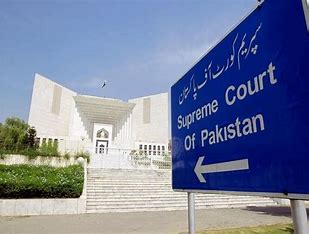Islamabad is witnessing renewed legal challenges as opposition leaders, including BNP-M chief Akhtar Mengal, Dr. Fehmida Mirza, Mohsin Dawar, and Mustafa Nawaz Khokhar, filed petitions in the Supreme Court. They argue that the 26th Constitutional Amendment contradicts the foundational principles of the Constitution.
Petitioners Seek Annulment of the Amendment
The petitions demand the court declare the amendment unconstitutional, rendering it void from the outset. They also call for the invalidation of all decisions, actions, and structures established under the amendment.
Concerns Over Judicial Independence
Key sections of the amendment, including 7, 14, 17, and 21, are challenged for allegedly violating judicial independence and separation of powers. The petitioners emphasize that these sections undermine the judiciary’s role and the autonomy of federating units.
Federalism and Constitutional Safeguards at Risk
The petitions stress that Pakistan’s federal structure, rooted in the 1940 Pakistan Resolution, ensures autonomy for its constituent units. They argue that the amendment threatens this foundational framework by compromising the representation and independence of these units.
Call for Judicial Reforms and Seniority Principle
The petitioners propose that constitutional benches be established based on seniority for fixed terms to prevent arbitrary removals. They also demand that deviations from the seniority principle must be justified with written reasons, subject to judicial review.
Political Backlash and PTI Protests
The amendment has faced strong resistance from Imran Khan’s PTI, which claims it undermines judicial powers. PTI protests highlight the political divide surrounding the bill, which proposes 27 changes to various constitutional articles.
With the Supreme Court now under pressure, the future of the 26th Constitutional Amendment remains uncertain.







